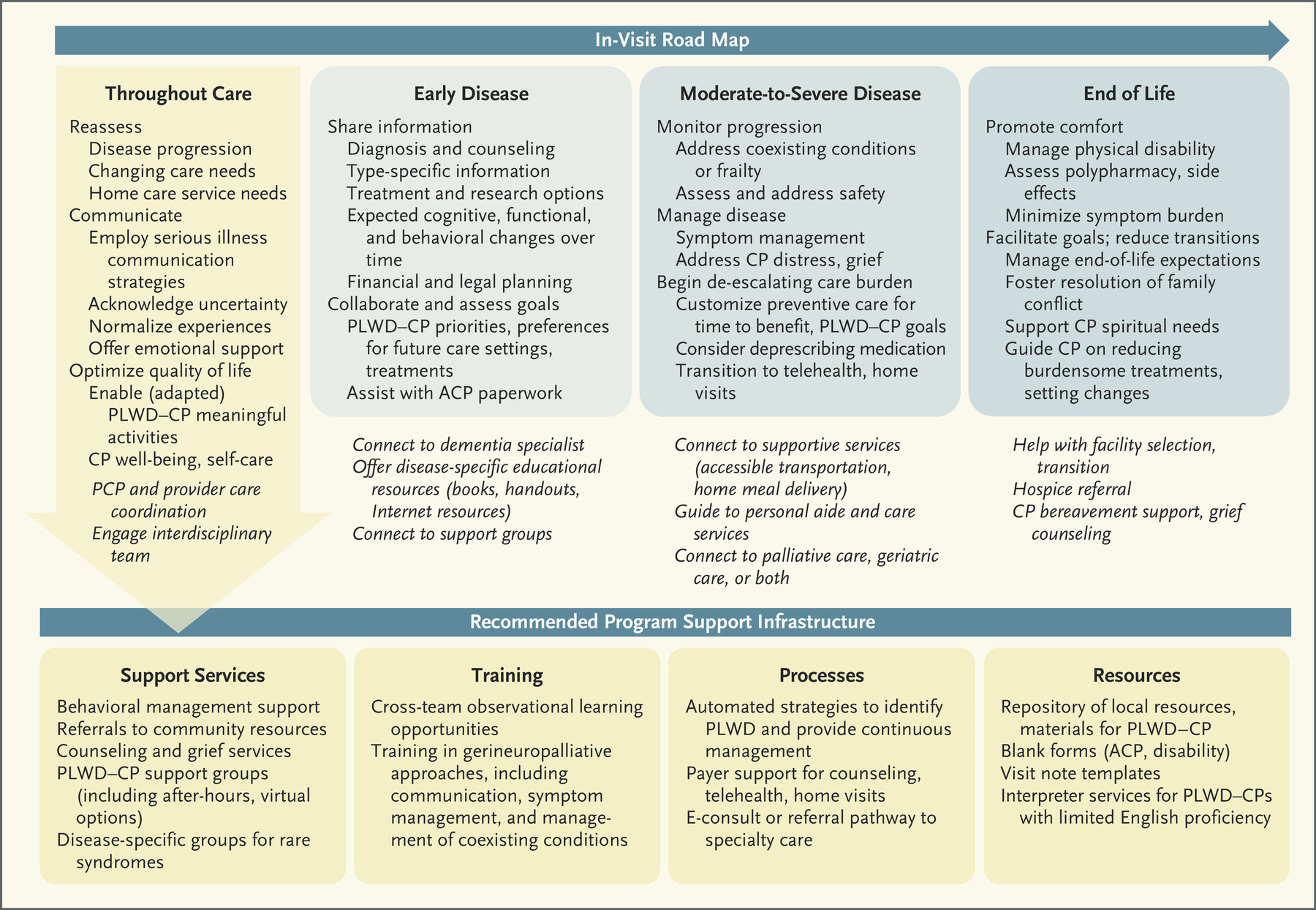Grief

Overview
Drawing from her personal experiences, Dr. Harrison's work explores the diverse facets of end-of-life care, grief and loss, illuminating the intricate complexities and nuances within this pivotal domain. Her essays underscore the significance of acknowledging grief in academic environments while also delving into the implicit norms prevalent in hospice care. Her research portfolio increasingly reflects this focus. Understanding the multifaceted ways in which grief can affect mental health highlights the importance of providing support and resources to individuals navigating through the complex emotions associated with loss.
Key Publications
- Harrison KL. "Making Space for Grief in Academia, JAMA"
- Harrison KL, Greene M, et al. "We all need help working through grief and hardship."
- Harrison KL. "The Hidden Curriculum of Hospice: Die Fast, Not Slow, Health Affairs"
- Hunt LJ, Harrison KL. "Live Discharge from Hospice Isn’t Graduating - It’s Getting Expelled."
- Gold J. "How to Return to Work with Grief."
Research Impact
Highlighting the significance of addressing grief, Dr. Harrison has identified themes of grief and loss in both qualitative and quantitative data, and reflected findings in her Gerineuropallative Care for Dementia framework:

Resources
Through her personal experiences, Dr. Harrison has compiled tools and resources for processing loss and grief. She has been featured on the Health Affairs podcast “Narrative Matters” and as the UNC Grand Rounds Speaker for her talk titled “Adrift at the Dock: Navigating Grief in Serious Illness Care.”
Book Recommendations:




Tips and Support:
Tips for Clinicians
- Embrace a grief-informed approach, paying close attention to signs that indicate the need for additional support.
- Instead of rushing to provide solutions, prioritize therapeutic listening and validation, as these are invaluable in supporting individuals through their grieving process.
- It is beneficial to maintain a list of local resources and seek feedback on their effectiveness.
- Furthermore, develop, test, and implement grief interventions tailored to the specific needs of your patient population.
Supporting Colleagues or Friends
-
Prioritize validation over immediate solutions. Create a supportive environment by actively listening and acknowledging feelings.
-
Extend specific offers of practical assistance tailored to your availability and expertise, such as drafting emails for rescheduling meetings or providing thoughtful gifts like gift certificates, notebooks, neck warmers, or tea.
-
Additionally, offer intangible gifts by respecting communication preferences, sharing updates, sending personalized emails, and consistently reaching out to maintain a strong connection.
Supporting Loss/Grief with Policy
-
Implementation of structured caregiving and compassionate bereavement leave policies
-
Enhanced research efforts focusing on grief studies and effective interventions
-
Integration of specialized grief training programs
-
Expansion of training opportunities, increased funding, and diversified payment methods to enhance the accessibility and quality of grief support services.
Supporting Grievers with Systems
-
Utilize services that specialize in grief to enhance support for employees.
-
Ensure easy access and connection to grief groups for employees in need.
-
Implement grief-informed leadership practices within the organization.
-
Offer paid time off over the first two years to allow employees to grieve and manage death-related administrative tasks, or “dead-min”.
-
Adjust job responsibilities to accommodate grieving employees for 1-2 years after bereavement
-
Provide salary support as a form of assistance during difficult times.
